Not a Compliment: Street Harassment in the Modern Age
May 5, 2015
Pop culture and mainstream media have been standardizing cat-calling and street harassment for decades. Movies and T.V. shows often depict men whistling, yelling “compliments”, and blatantly staring at women they find attractive. Though these things are depicted as being relatively harmless, and in some cases even flattering, they are not reflective of the reality of what it is actually like to be harassed, or “cat-called” in public places. It is a daily reality for people everywhere, though most victims are younger women. It is not a compliment and actually does far more harm than good.
In 2014, iHollaback released a video entitled, “10 Hours of Walking in NYC as a Woman.” It featured an actress walking through New York City for a period of roughly ten hours, which was then condensed down to showcase the amount of harassment that the woman received. Within a week, the video had gone completely viral, and stirred up controversy across social media.
One of the main subjects of controversy surrounding this video was the amount of more mild things said, which were somewhere along the lines of “Have a nice day, beautiful,” or “You should say thank you more.” Many argued that this was, in fact, not harassment, but just strangers being kind. Therein lies the root of all the debate, and of the issue itself.
The line between paying someone a genuine compliment in a public place and harassing them may seem incredibly blurry at times. We live in a society that teaches women and girls from an incredibly early age that every aspect of their being, especially their body, is intended for public consumption, ridicule, and debate. This message is re-enforced by every single type of harassment.
In 2013, Robin Thicke’s song “Blurred Lines” was released. The song itself repeats the line “I know you want it” 18 times, and the music video that was released shortly after portrays a group of middle-aged men spewing sexual inanities at a multitude of barely-covered women. Despite this, the song stayed at #1 on the Billboard’s Top 100 for a record-breaking 16 weeks.
Catcalling and harassment also appear in movies such as Clueless and Men in Black 2. In Clueless, Cher (Alicia Silverstone) takes a walk around campus and is ogled at by a multitude of her male peers. At one point, a man comes up to her and places his arm around her shoulders. She is forced to shove him off.In Men in Black 2, Agent J (Will Smith) decides that Laura Vasquez (Rosario Dawson) will be safest in a room of his strange alien friends. The aliens make countless crude comments to Vasquez, and she tells Agent J that she’s “dated worse”.
These movies, along with many others (Ted, 2012; Superbad, 2007; The Wolf of Wall Street, 2013) promote power structures and the objectification of women. In Clueless, the catcalling scene is meant to emphasize how popular and attractive Cher is. The enforces the idea that women are, or should, only be appreciated if they fit the physical desires of men. Men in Black 2 mentions how Vasquez is “used to” being verbally abused. She states that she’s “dated worse”, which shows that she has become accustomed to accepting abuse.
The primary argument that is often made in favor of street harassment disintegrates fairly quickly. Those who participate often argue that they are just paying someone a compliment. The difference between harassment and compliment lies in the motivation of the harasser. Yelling a so-called compliment at someone on the street is rarely for the benefit of the target, but rather for the benefit of the harasser. The goal is not to make that woman feel good about herself, but for the harasser to get something in return. This does nothing other than establish a power dynamic in which the harasser has deemed themselves the arbiter of that woman’s value.
At this point, many may be wondering, “How could someone do this?” The answer is frighteningly simple. It is easy to assault someone when you see them as an object. It is easy to yell creepy or sexual things at strangers on the side of the road when you do not see them as human beings. The objectification of women is overwhelmingly present and normalized within our society. When someone yells something about your anatomy that they find attractive, they are often not valuing you for your personhood, but for that individual quality or body part.
1 in 3 women living in the U.S. will be sexually assaulted in their lifetime. Rape trials are filled with ridiculous, slut-shaming defenses such as “The victim brought it upon themselves”. Spousal rape has only been illegal for 38 years. While catcalling seems to be an acute issue comparatively, the public has to realize that by hurling sexual slander at passerby, they are reinforcing power structures. The victims have no power to stop it and never asked to engage in it.
Catcalling only contributes to the amount of sexual violence against women, and the normalization of this behavior is making it harder and harder to stand up against. Catcalling is a systemic issue, and it is violent attacks, such as those mentioned above, that leave many women feeling helpless to stop it.

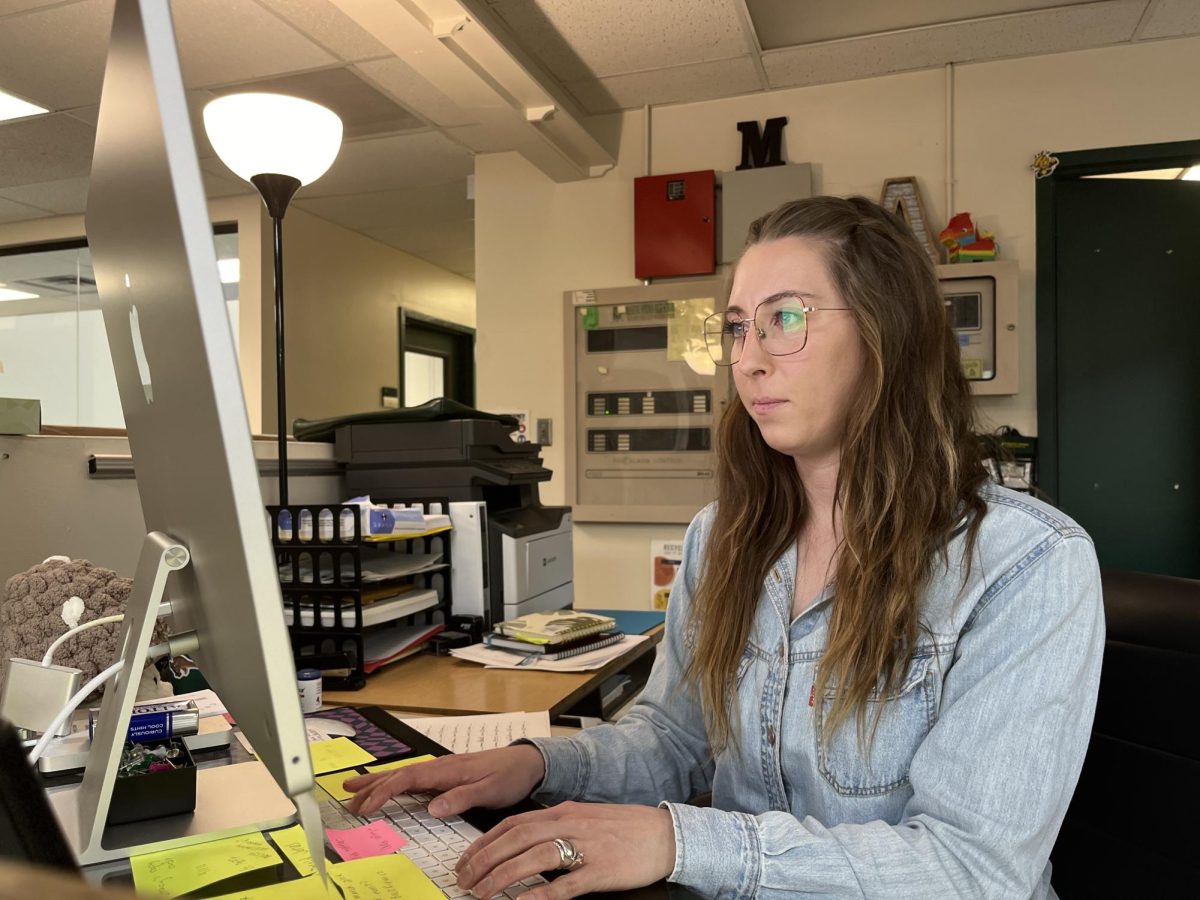
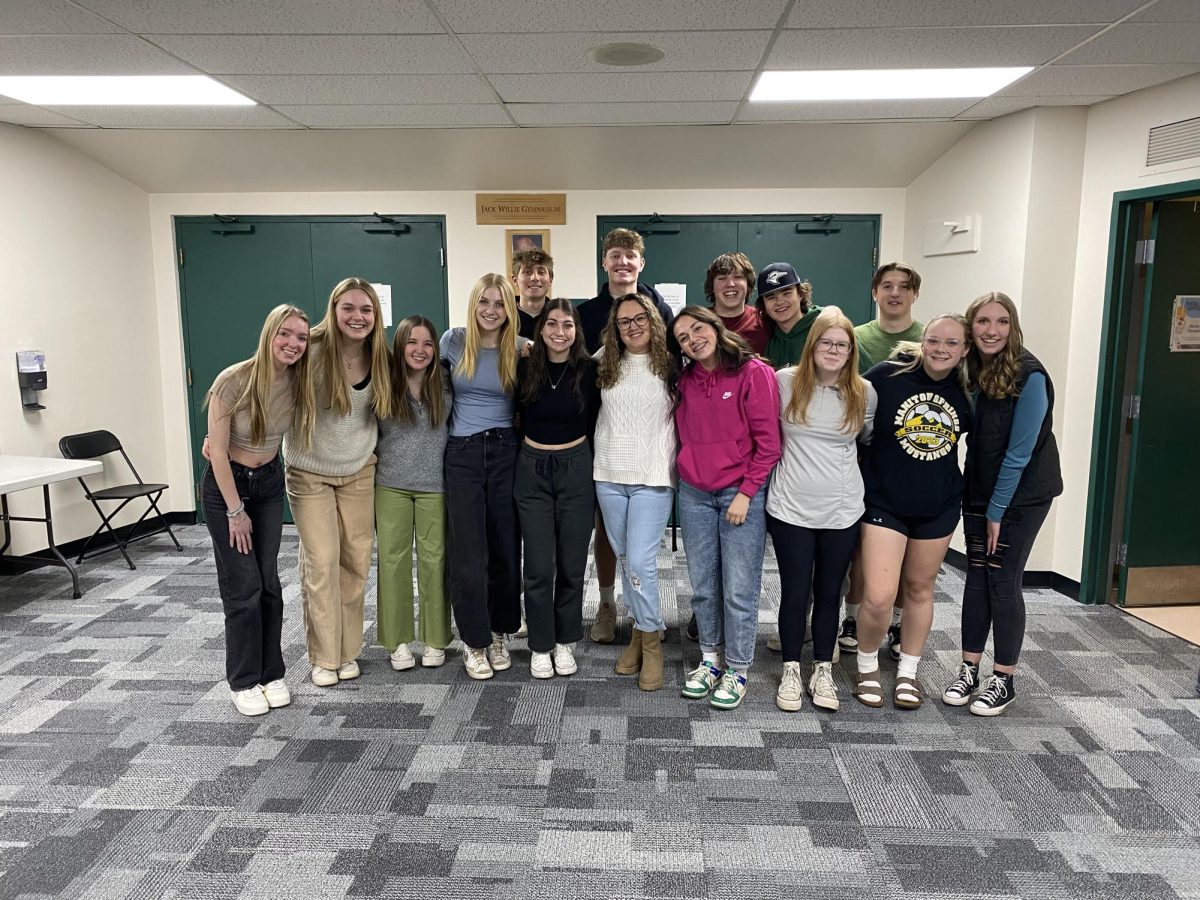
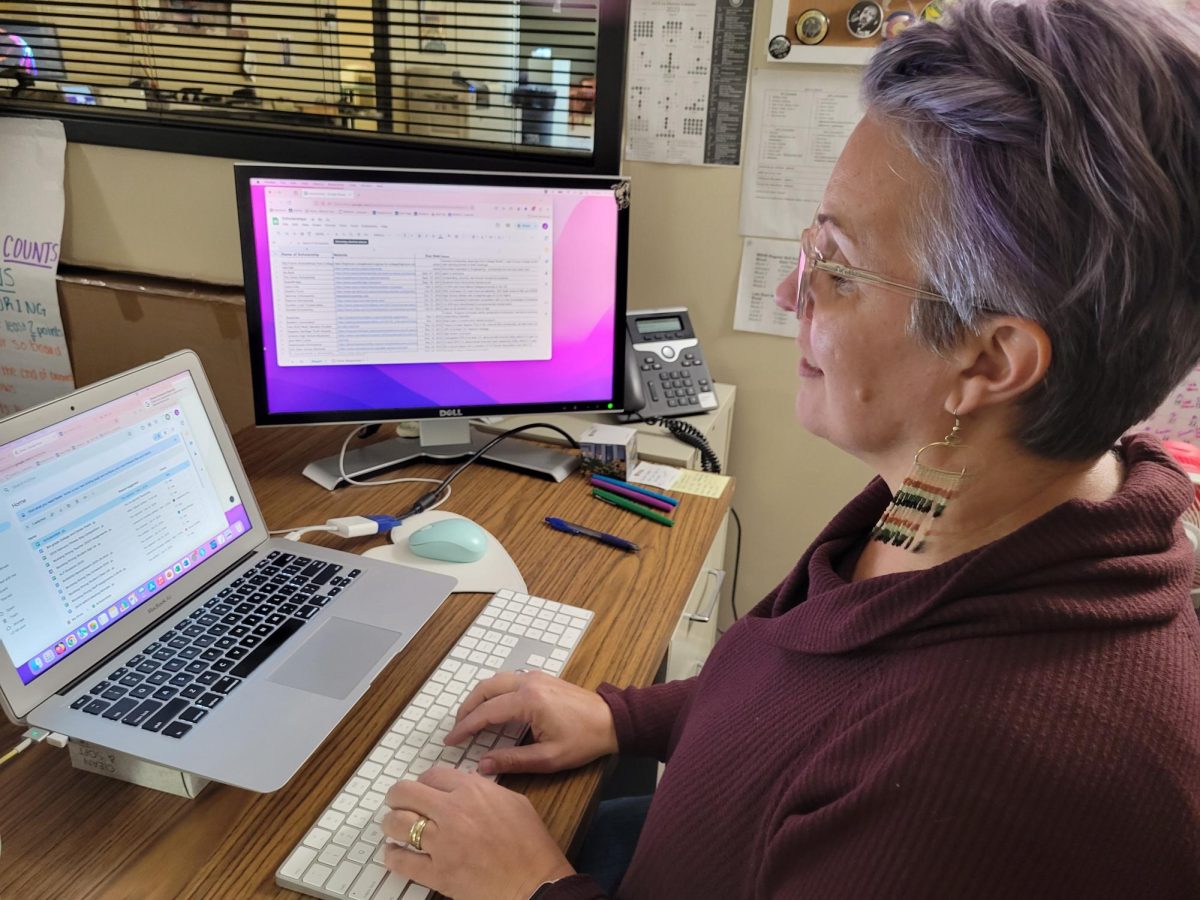

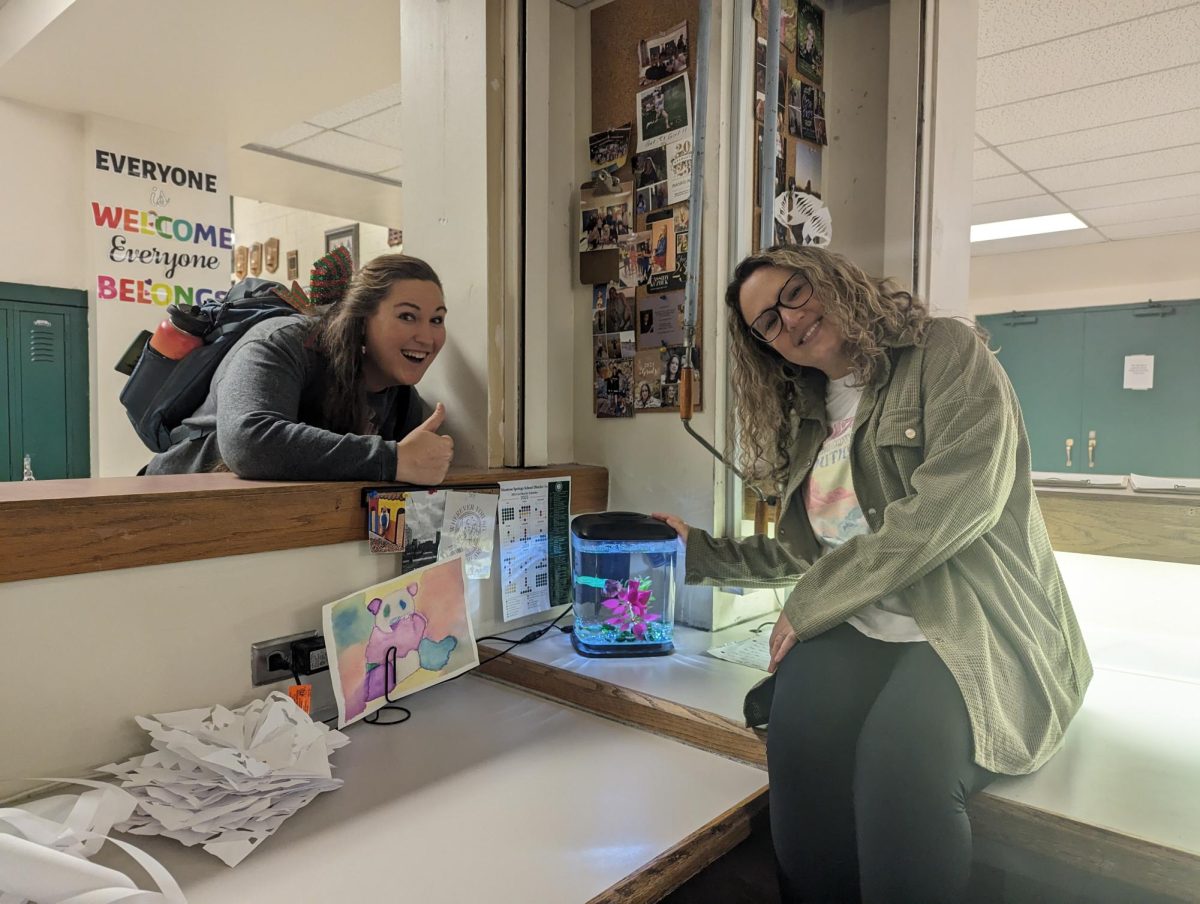

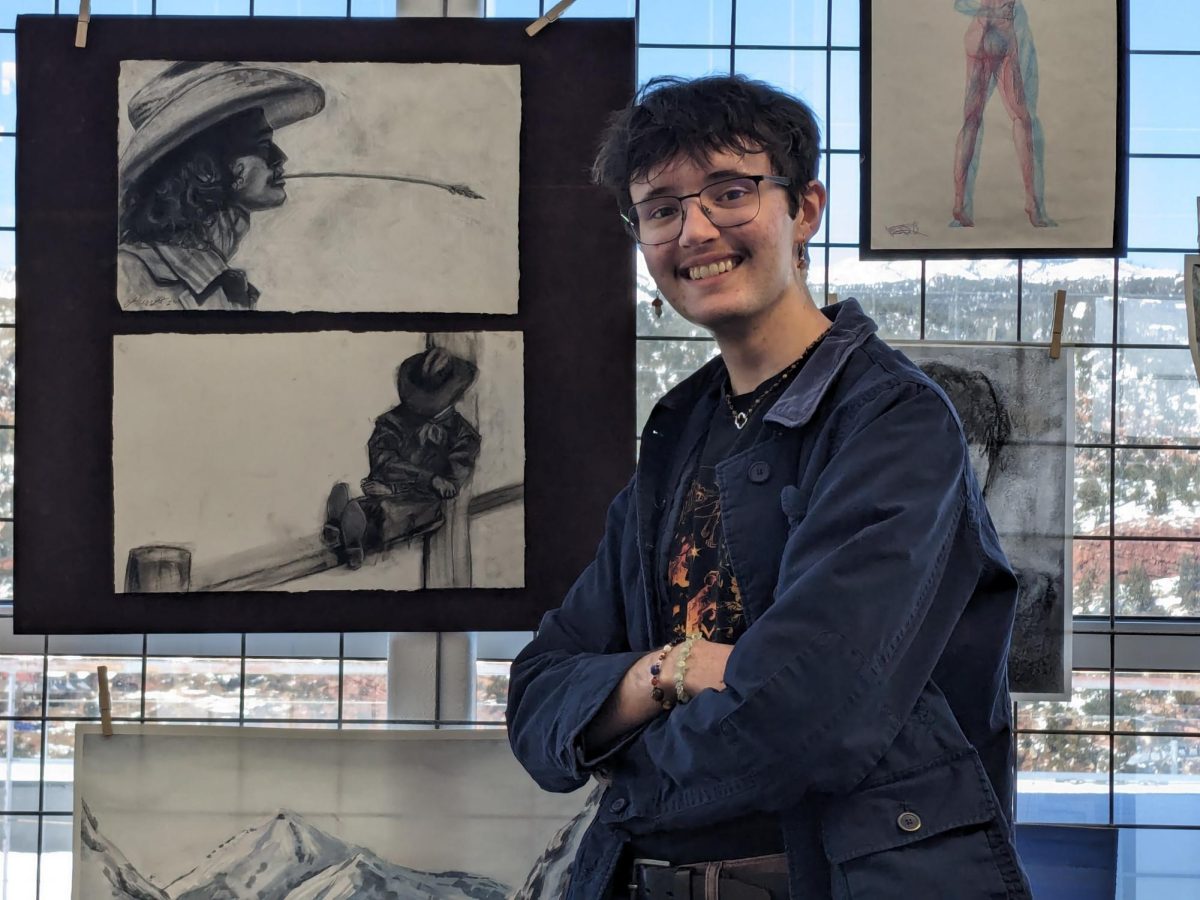
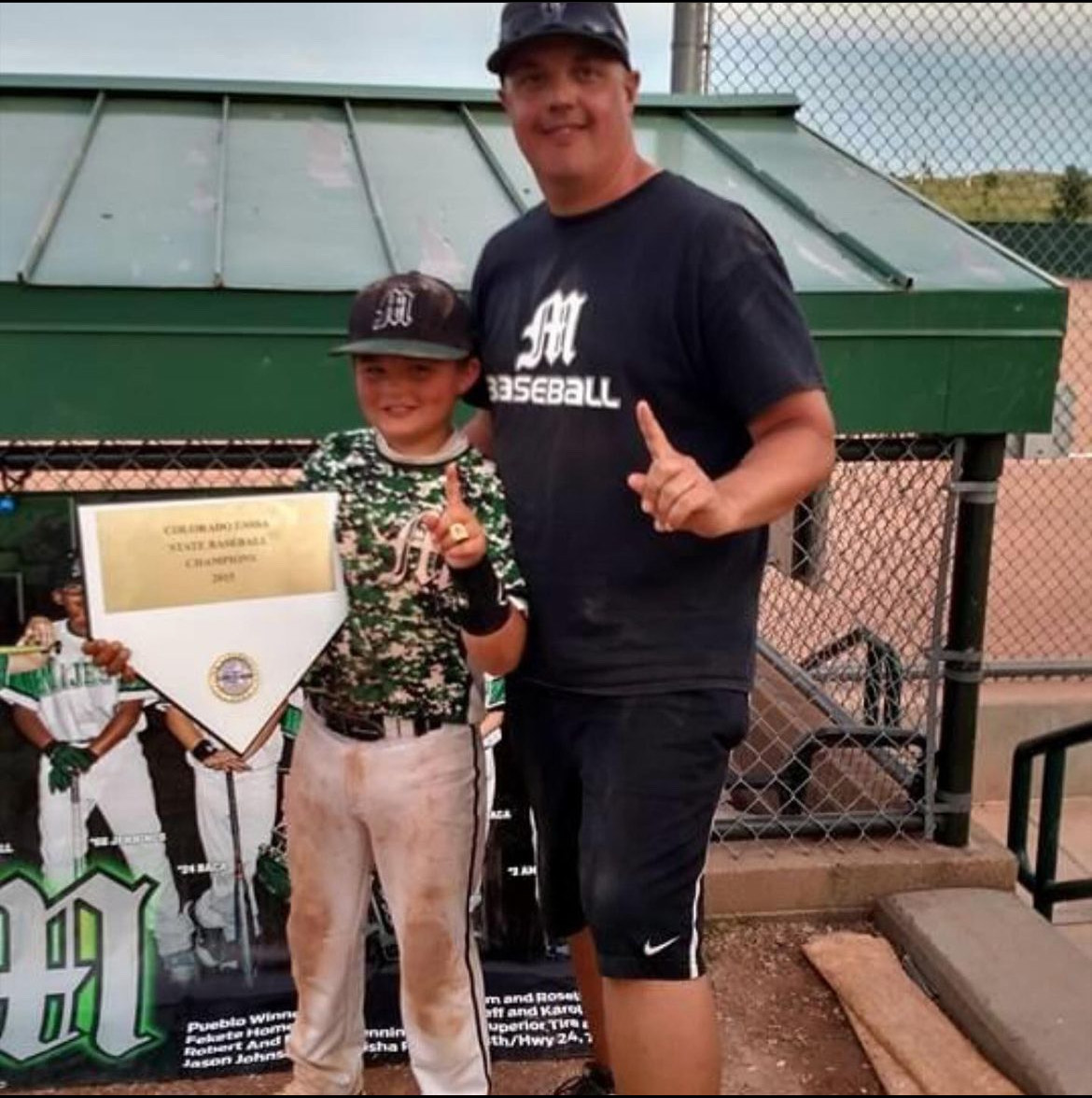
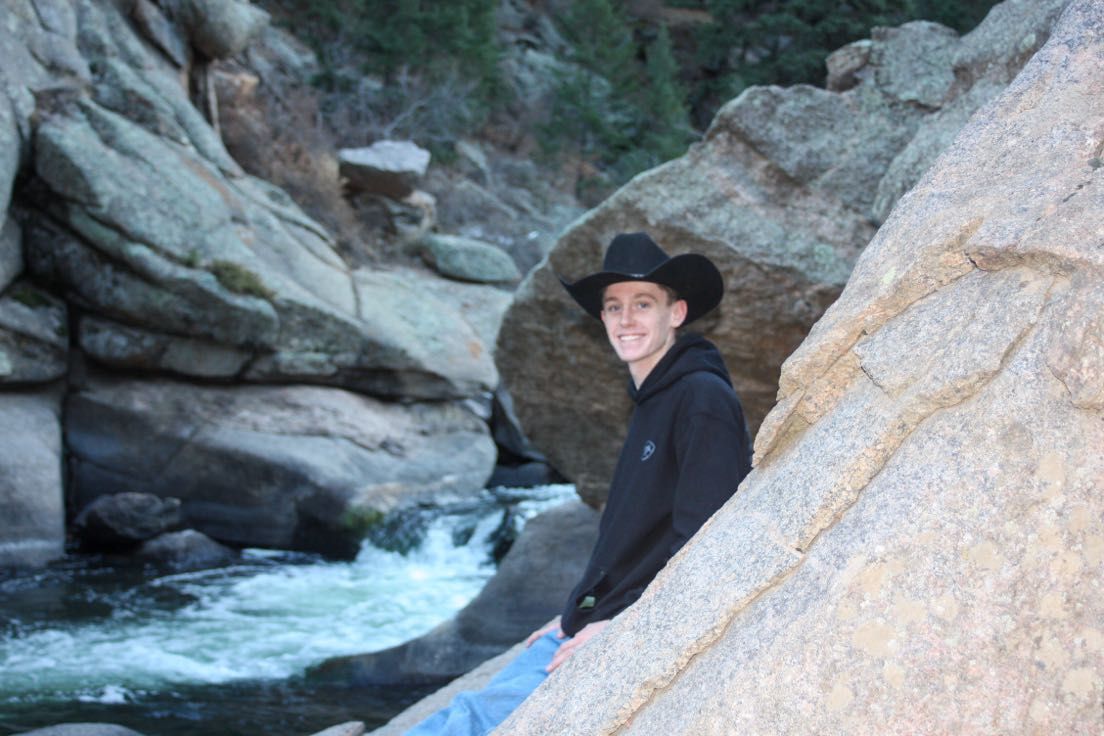
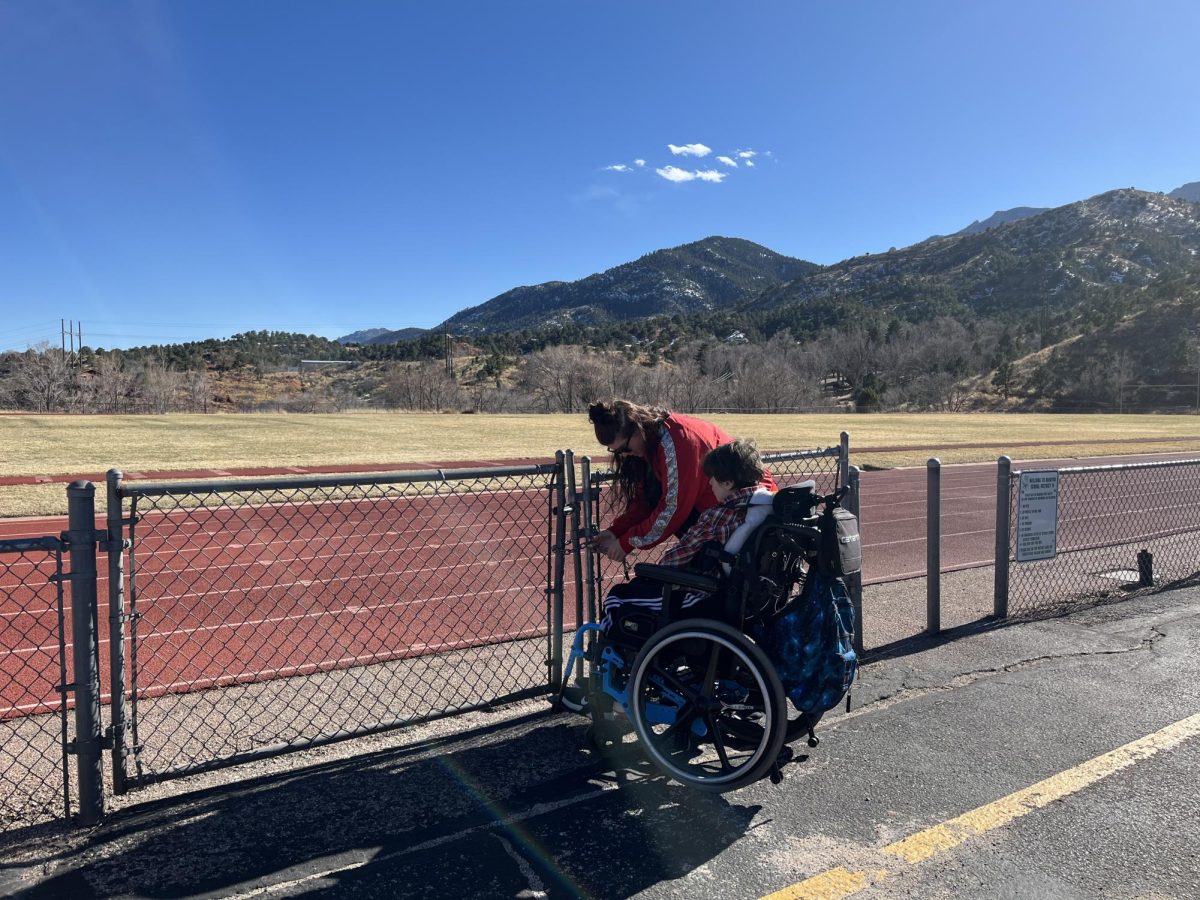
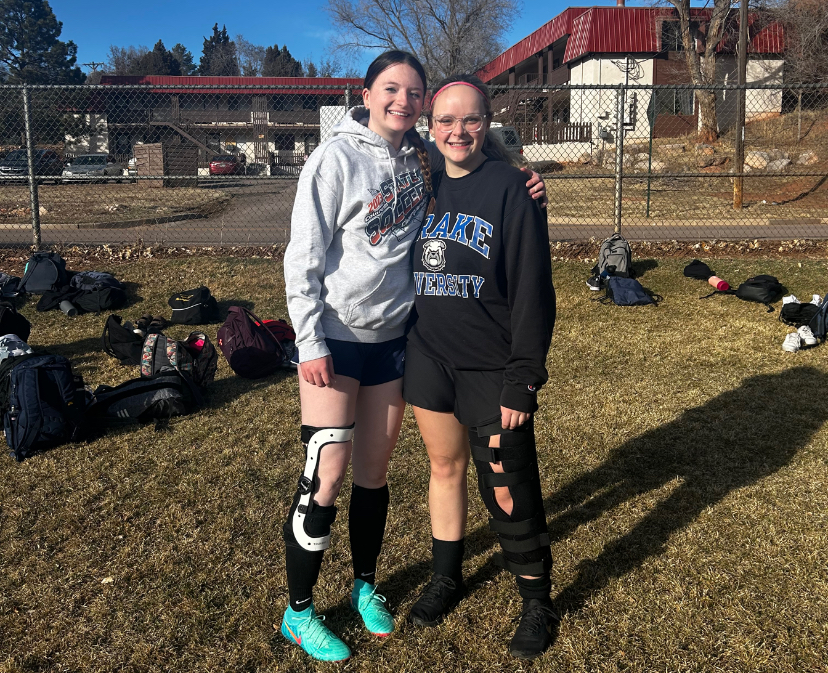

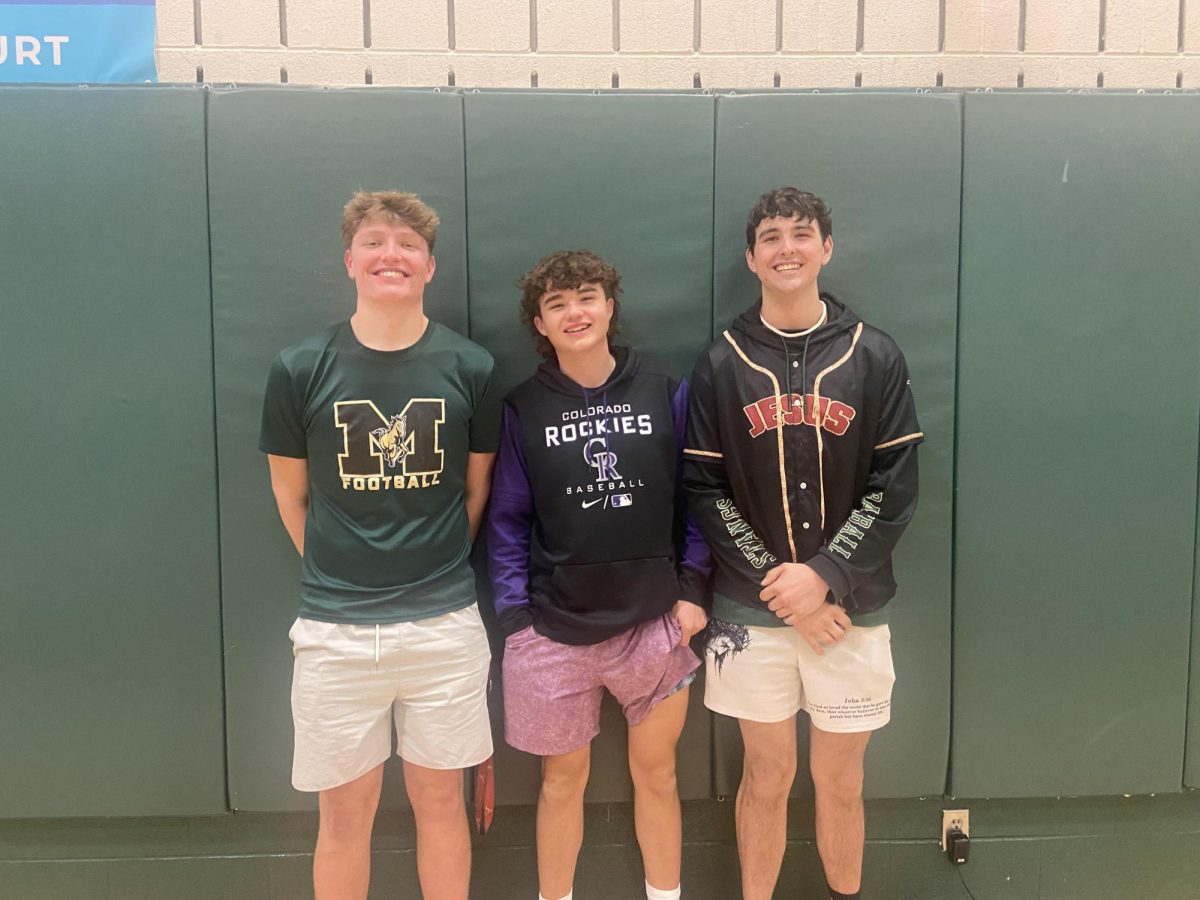


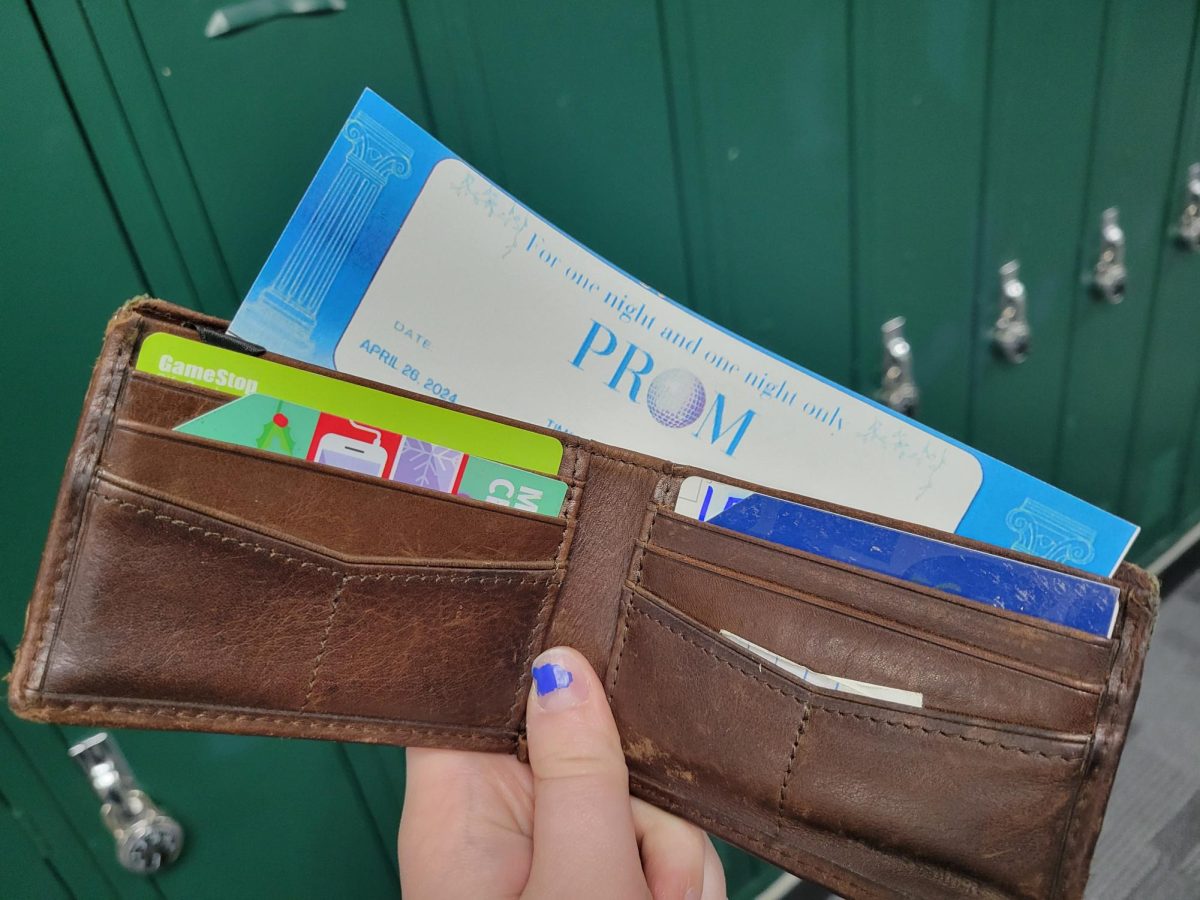
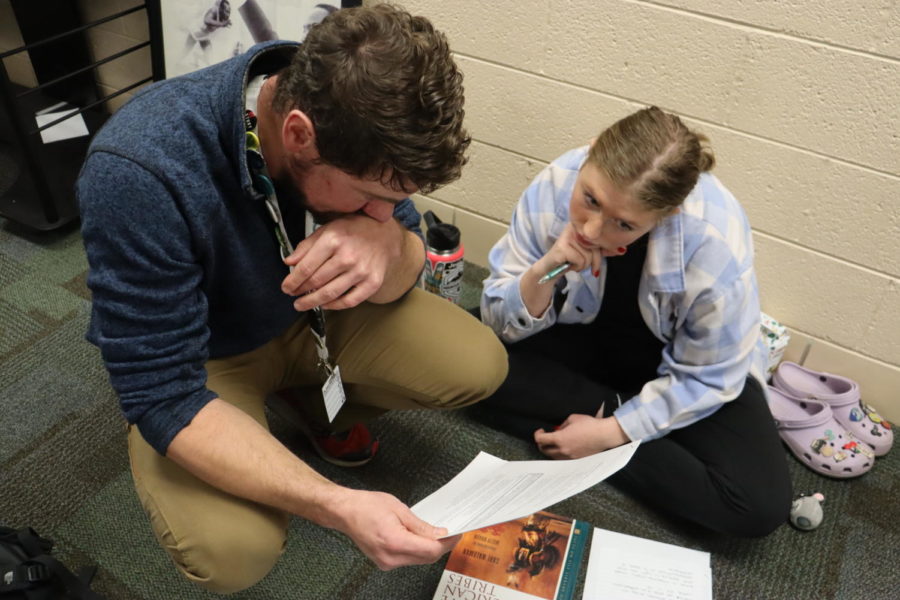
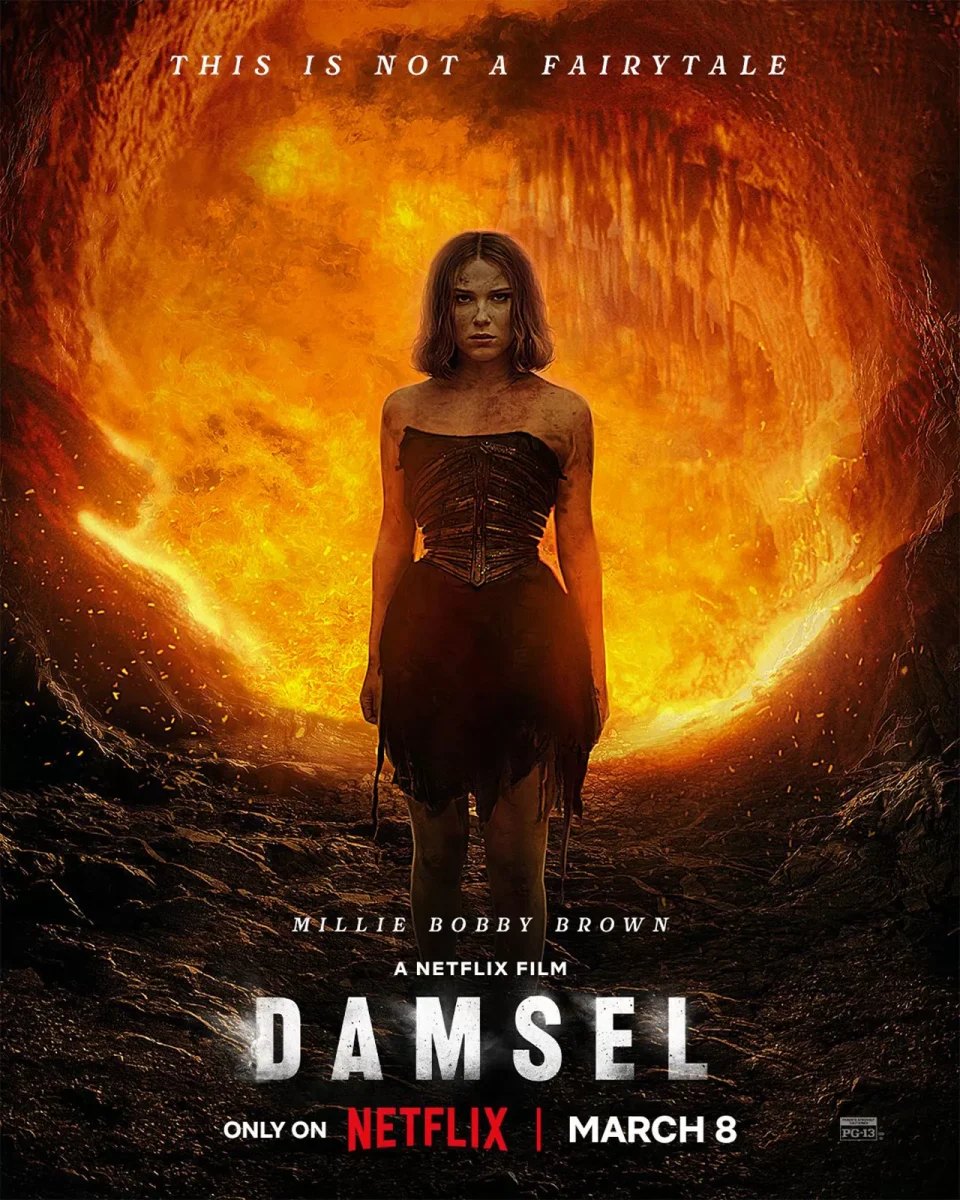

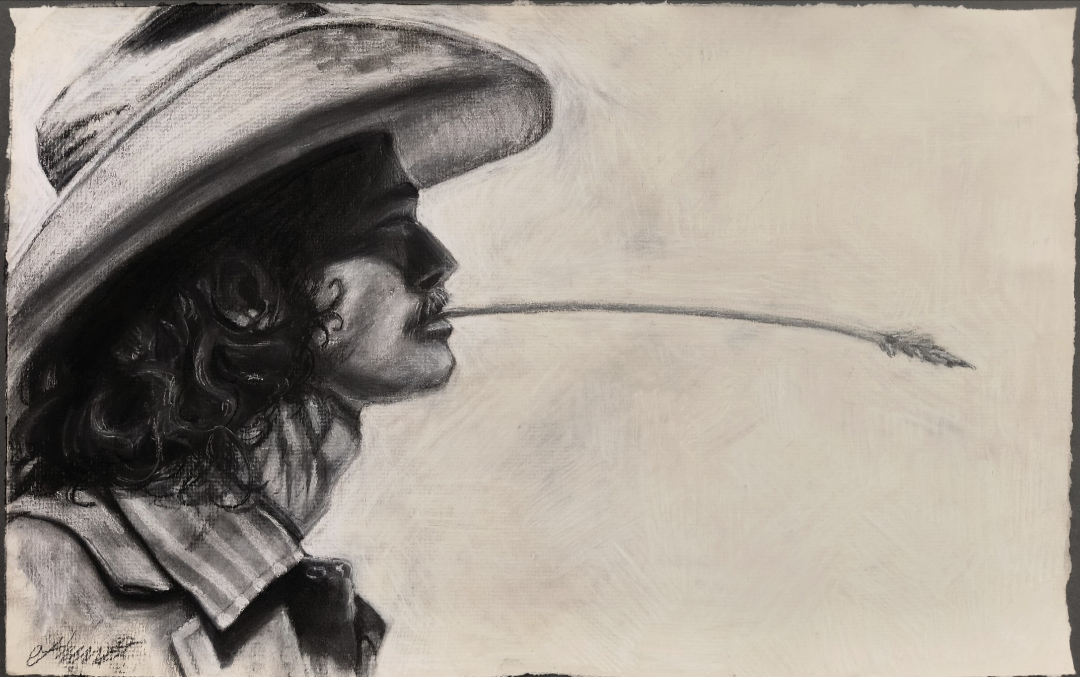
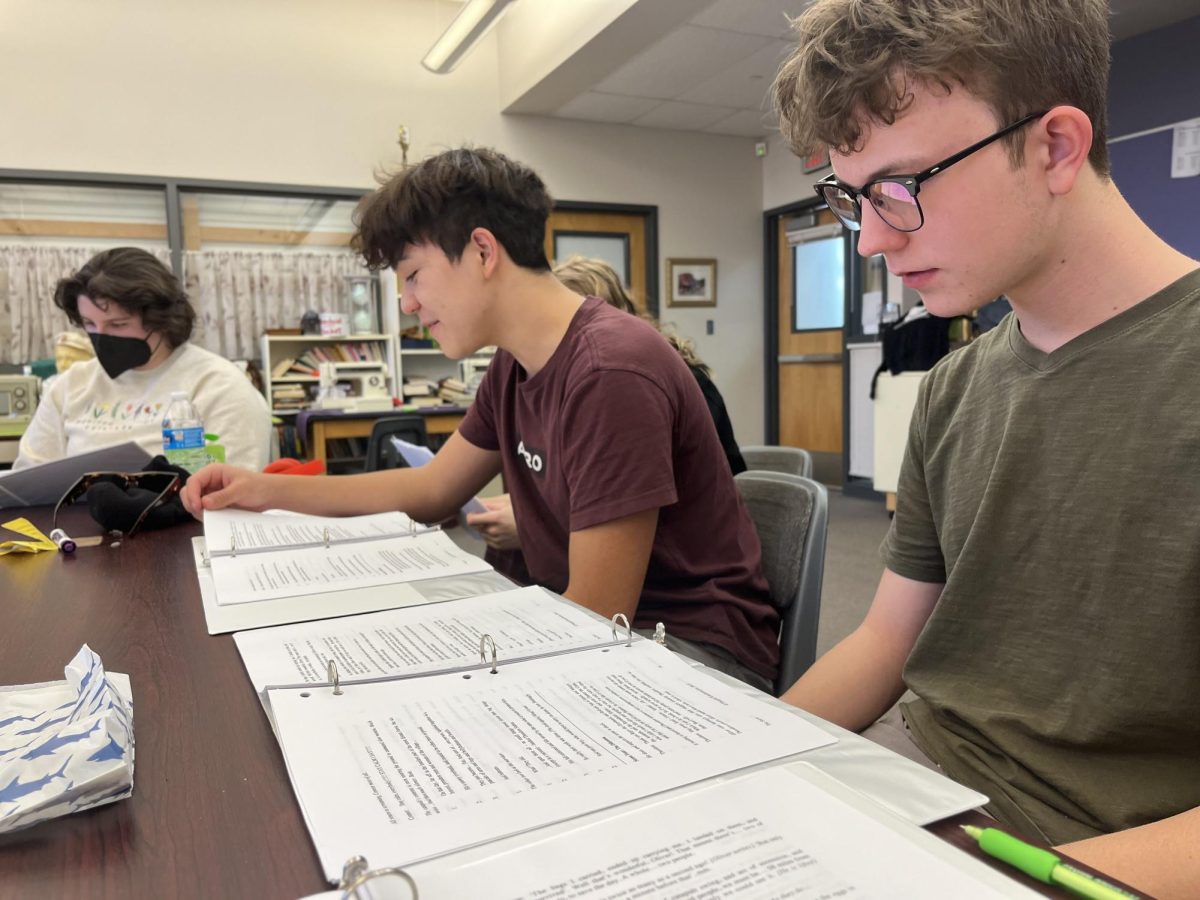
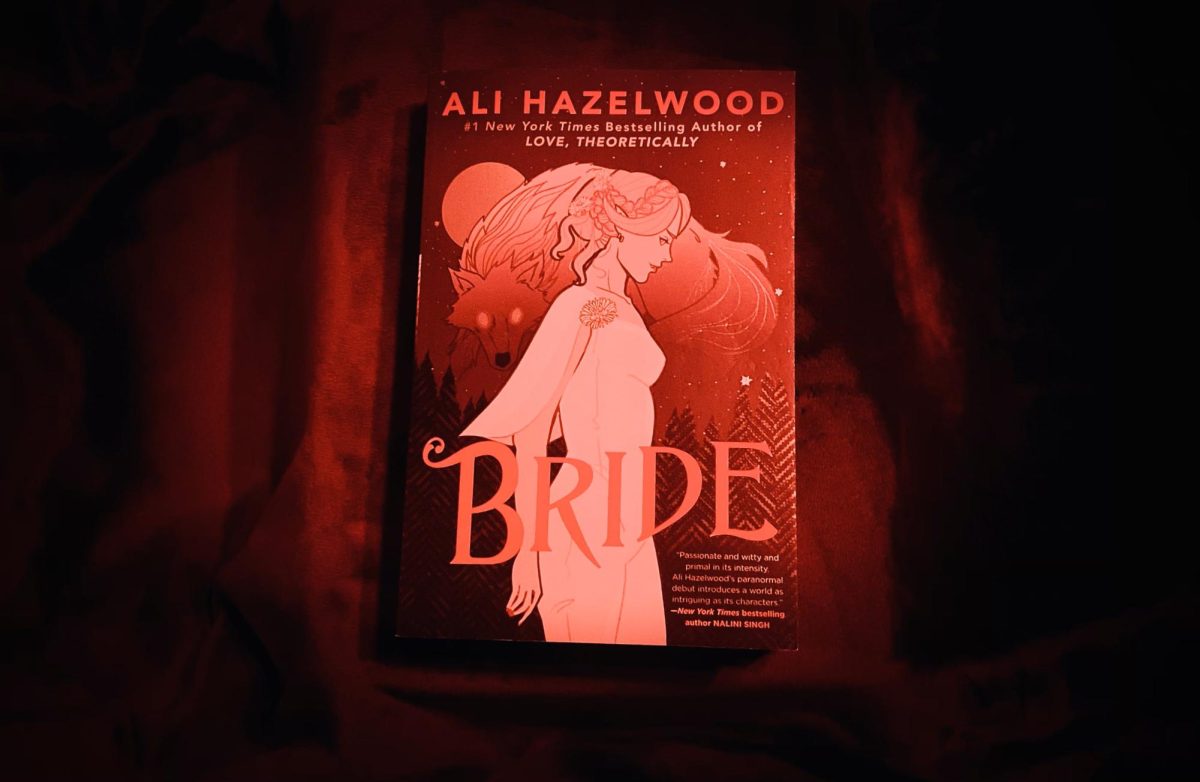

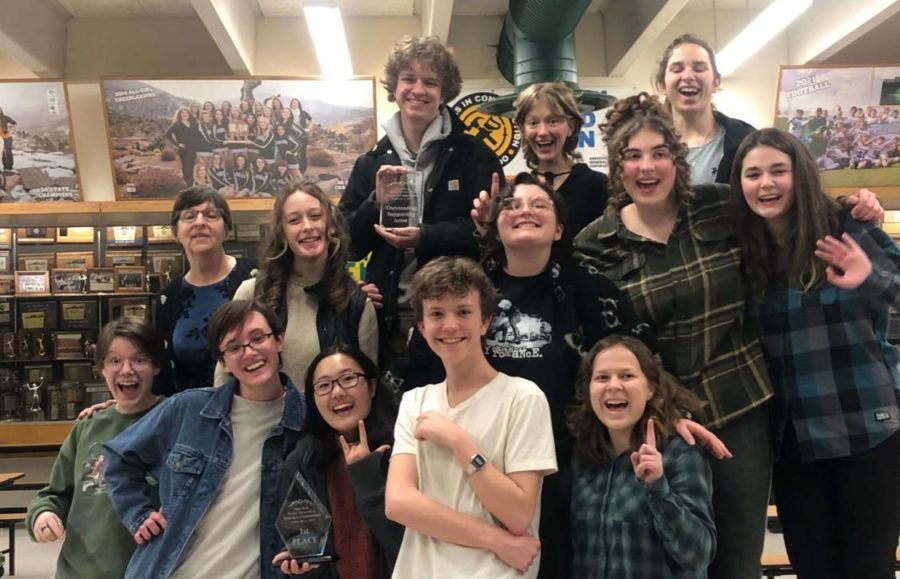

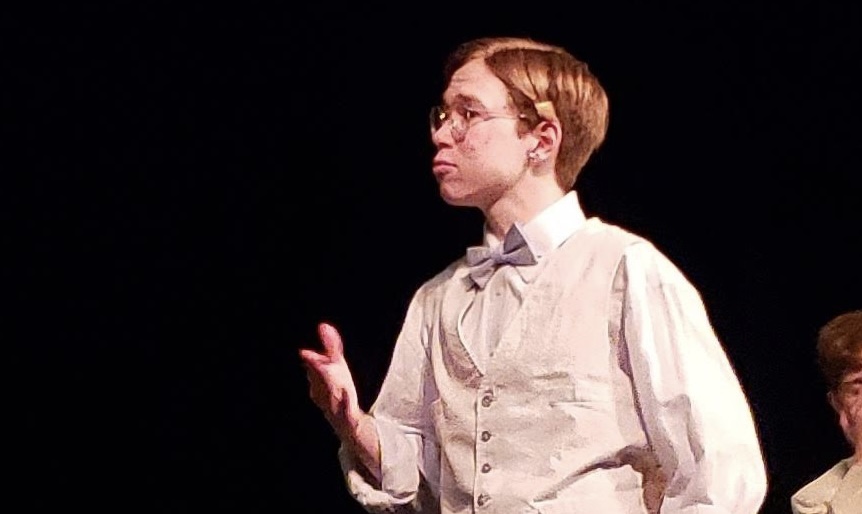
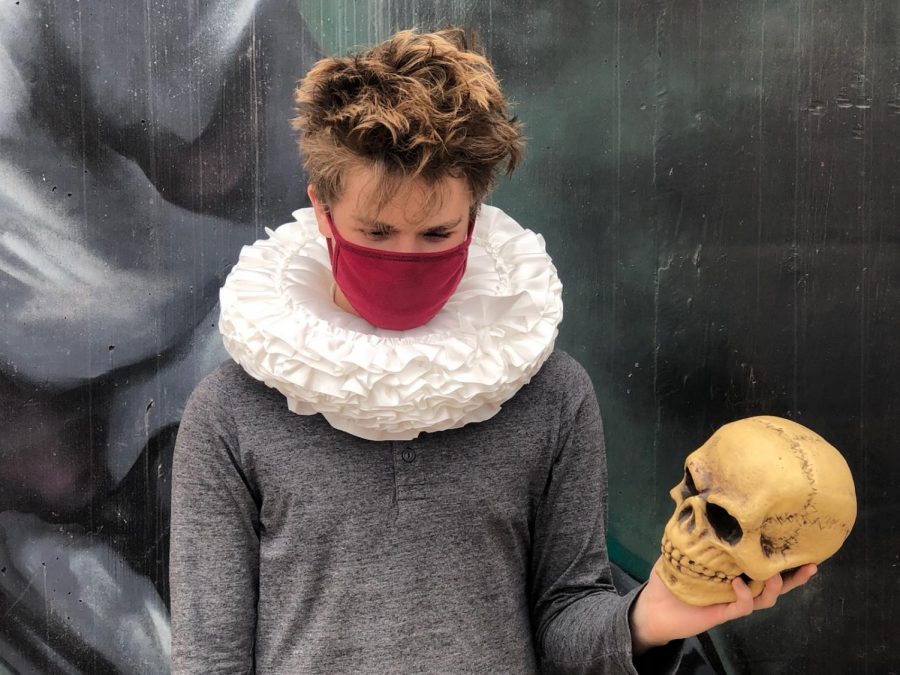





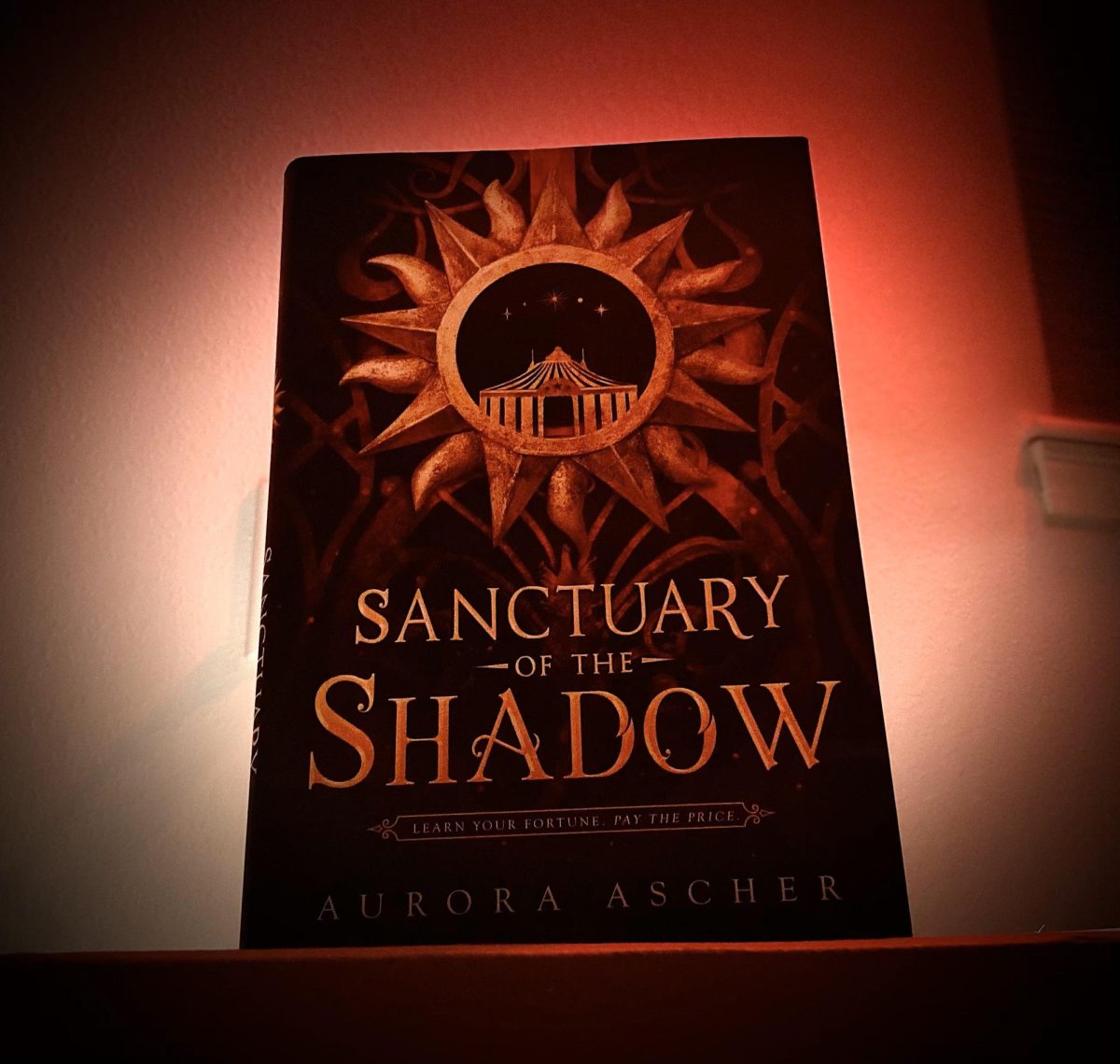
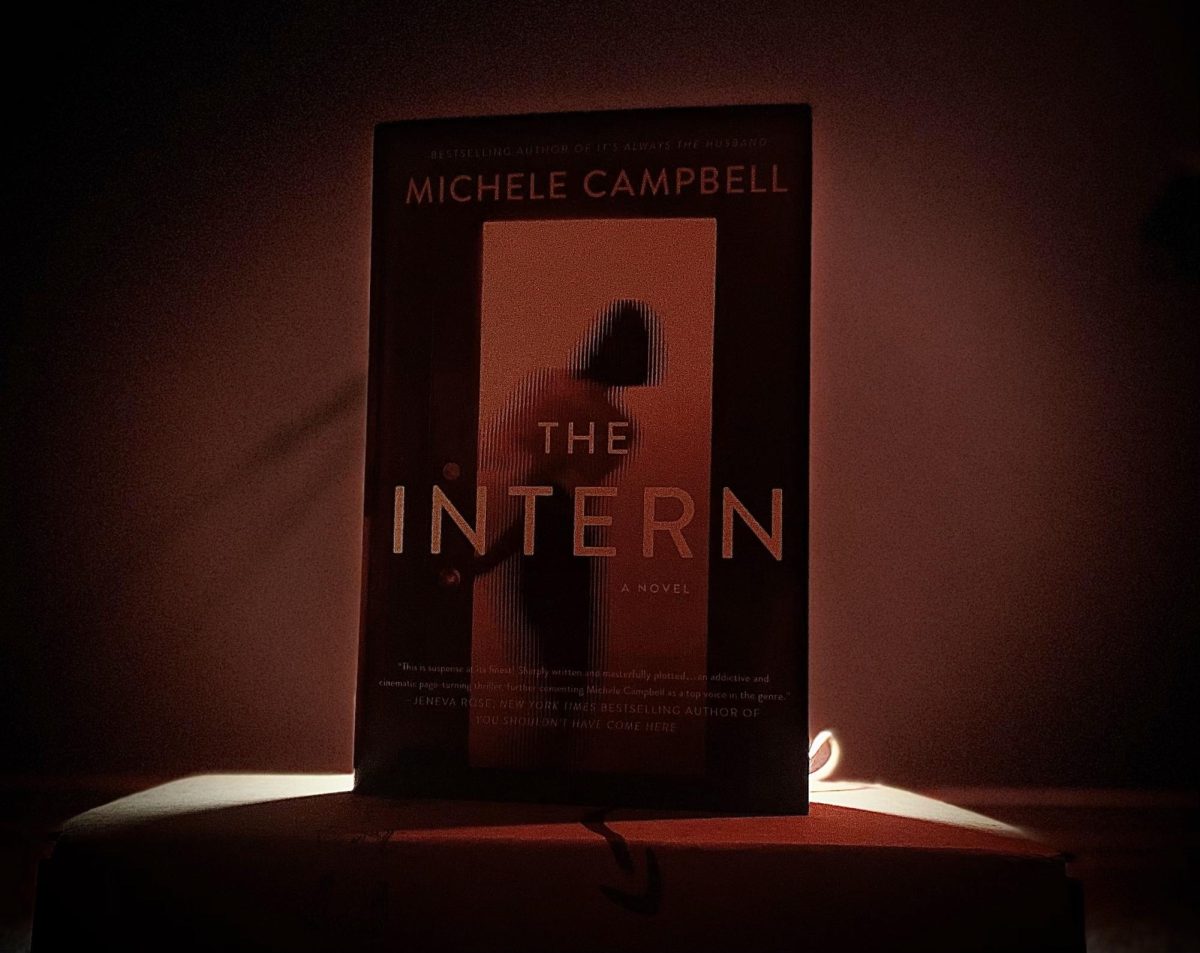



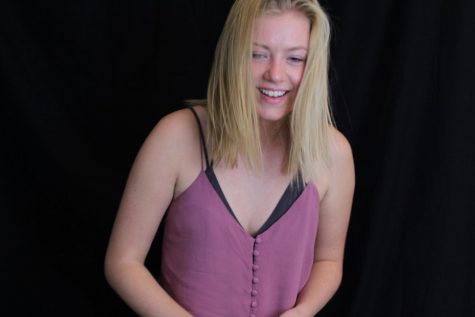









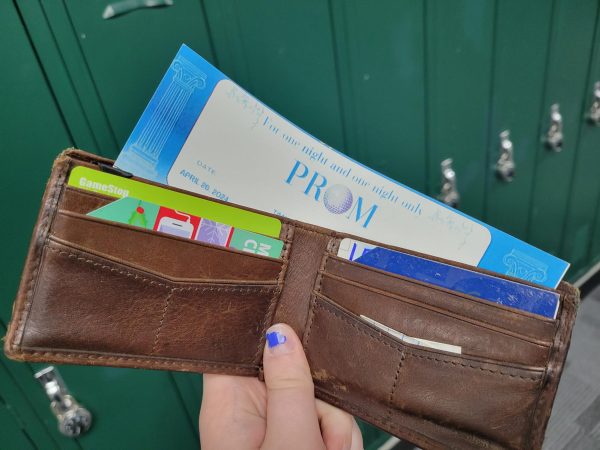
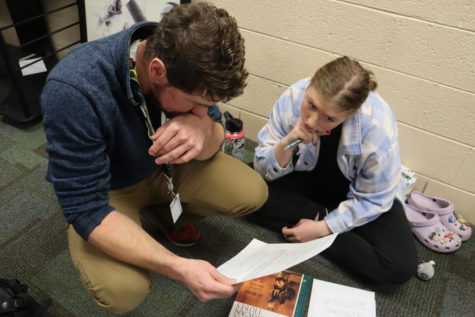
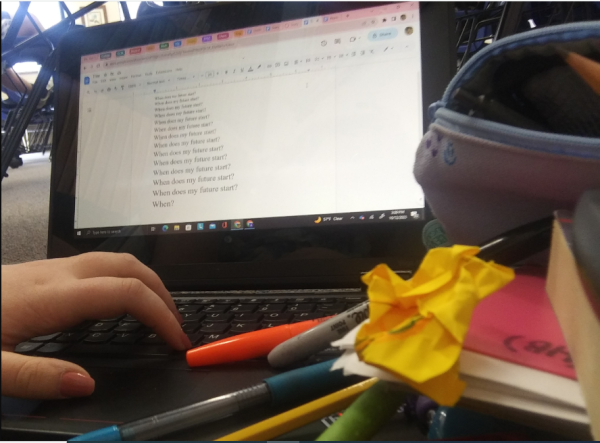
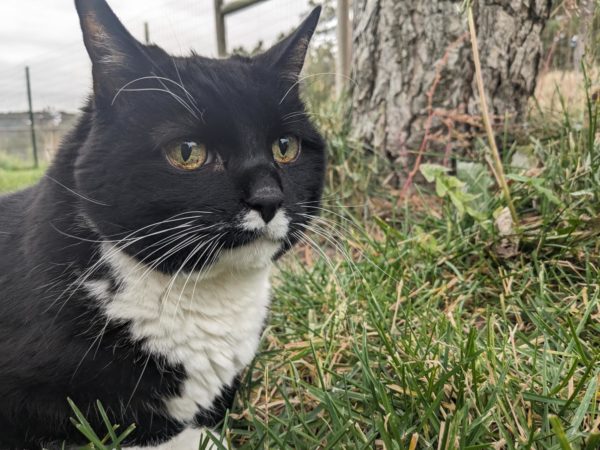
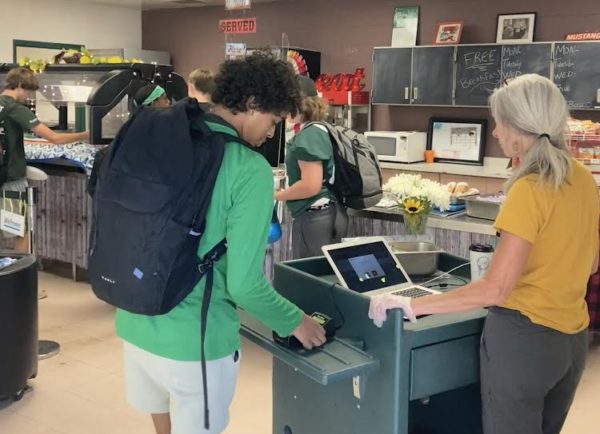
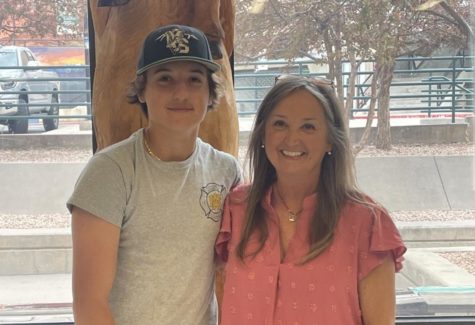

C hr i s • May 5, 2015 at 11:33 pm
You know what else has appeared in movies: murder, gardening, rape, planting, abductions, cooking, torture, and catcalling. Using movies as a way for you to validate your case was a horrible idea. Otherwise A+
Lily Reavis • May 6, 2015 at 2:17 pm
Thanks for your input, Chris. However, for next time please know that our editorial policy requires students to identify themselves by first name and last initial at minimum.
– Lily Reavis, 2015/2016 Prospector Editor-in-Chief